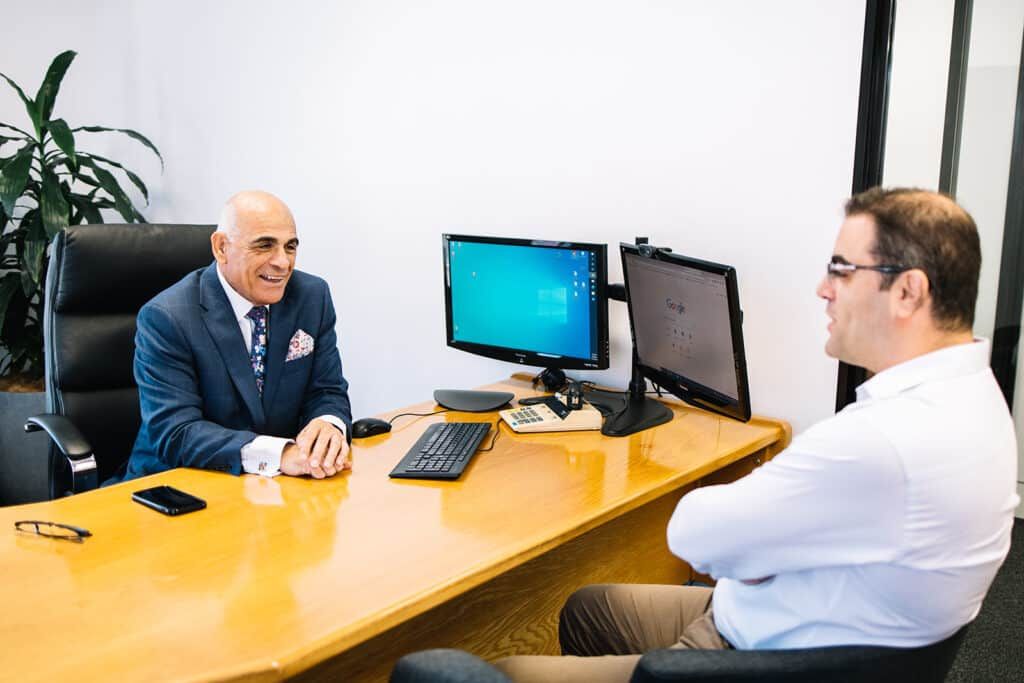COMPANY MONEY: A guide for owners
When you start up a business, inevitably, it consumes not just a lot of time but a lot of cash and much of this is money you have already paid tax on. So, it only seems fair that when the business is up and running the business can pay you back. Right?
There a myriad of ways owners look for payback from a company they have invested their time and money into it from dividends, salary and wages, jobs for sometimes underqualified family members to cash advances and personal expenses like school fees and nights out picked up as a company expense. But, once the cash is in the company, it is company money.
We look at the flow of money in and out of a company and the problems that trip business owners up.
Repaying money loaned to the company
If you have lent money to your company, you can draw this money back out as a loan repayment. The loan repayment is not deductible to the company but any interest payments made to you will be as long as the borrowed money has been used in the company’s business activities (assuming interest has actually been charged on the loan).
Conversely, any repayments made by the company on the loan principal are not income for tax purposes but you will need to declare any interest earned in your income tax return. All loans, including the loan term and repayments, should be documented.
Dividends: Paying out profits
Dividends basically represent company profits being paid out to the shareholders of a company. If the company has franking credits from income tax it has paid, the dividends might be franked and the credits can often be used by the shareholder to reduce their personal tax liability.
When a dividend is paid by a private company it must provide a distribution statement to the shareholders within four months after the end of the financial year. This gives private companies up to four months after the end of the financial year to work out the extent to which dividends will be franked.
If any of the shares in the company are held by a discretionary trust then there are some additional issues that will need to be considered, including whether the trust has a positive amount of net income for the year, whether the trust has made a family trust election for tax purposes and who will become entitled to distributions made by the trust for that year.
Repaying share capital
Many private companies are set up with a relatively small amount of share capital. However, if a company has a larger share capital balance then there might be scope for the company to undertake a return of share capital to the shareholders. Whether this is possible will depend on the terms of the company constitution and there are some corporate law issues that need to be addressed.
From a tax perspective, a return of share capital will normally reduce the cost base of the shares for CGT purposes, which means that a larger capital gain could arise on future sale of the shares but there won’t necessarily be an immediate tax liability. Having said that, there are some integrity rules in the tax system that need to be considered. The risk of these rules being triggered tends to be higher if the company has retained profits that could be paid out as dividends.
Shareholder loans, payments and forgiven debts: Using company money
There are some rules in the tax law (known as Division 7A) that determine how money taken out of a company is treated. Division 7A is a particularly tricky piece of tax law designed to prevent business owners accessing funds in a way that circumvents income tax. While amounts taken from a company bank account by the owners are often debited to a shareholder’s loan account in the financial statements, Division 7A ensures that any payments, loans, or forgiven debts are treated as if they were dividends for tax purposes unless there is a loan agreement in place which meets certain strict requirements. These ‘deemed’ dividends cannot normally be franked.
If you have taken money out of the company bank account then the main ways of avoiding this deemed dividend from being triggered are to ensure that the loan is fully repaid or placed under a complying loan agreement before the earlier of the due date and actual lodgement date of the company’s tax return for that year. To be a complying loan agreement the agreement requires minimum annual repayments to be made over a set period of time and there is a minimum benchmark interest rate that applies – currently 4.77% for 2022-23.
For example, if your company is paying school fees for your kids, or you take money out of the company bank account to pay down your personal home loan, if you don’t pay back this amount or put a complying loan agreement in place then this amount is likely to be treated as a deemed unfranked dividend. That is, you need to declare this amount in your personal income tax return as if it was a dividend and without the benefit of any franking credits. This means that even though the company might have already paid tax on this amount, you will be taxed on it again without the ability to claim a credit for the tax already paid by the company (causing double taxation of the same company profits).
The rules are very strict when it comes to loan repayments. If a repayment is made but the same amount or more is loaned to the shareholder shortly afterwards then there are some special rules that can apply to basically ignore the repayment. There are some exceptions to these rules and the position needs to be managed carefully to avoid adverse tax implications.

















